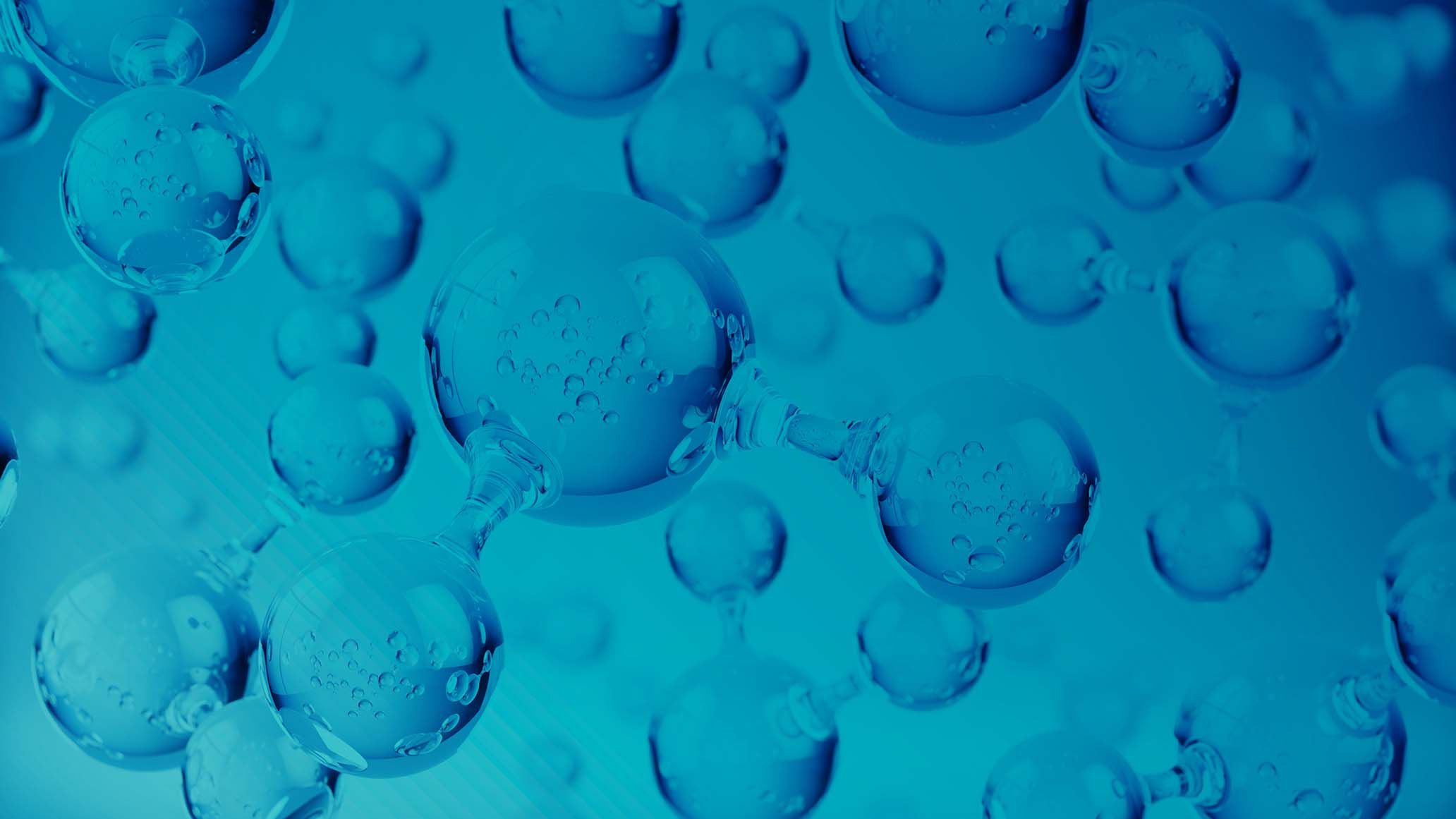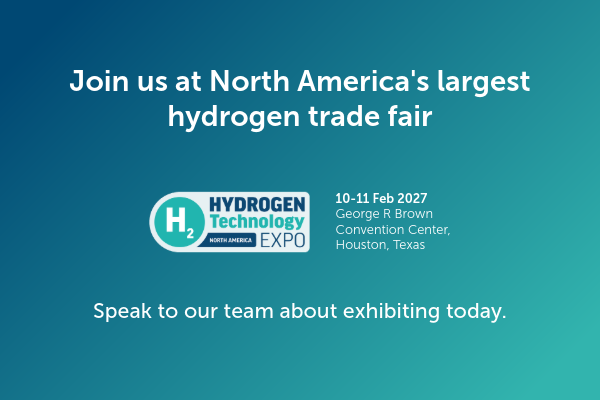Oak Ridge, Argonne National Laboratories, Wabtec Collaborate to Develop Hydrogen Trains
)
Department of Energy’s Oak Ridge and Argonne national laboratories are conducting research on zero-carbon hydrogen and other low-carbon fuels as viable alternatives to diesel for the rail industry, Oak Ridge announced 9 November.
Both laboratories have entered into cooperative research and development agreements with Wabtec, a leading manufacturer of freight locomotives. The Argonne and Wabtec agreement also includes Convergent Science, Inc., a software developer. The project will run for four years.
The research team kicked off the project and celebrated the installation of rail technology company Wabtec’s single-cylinder dual-fuel locomotive engine in the National Transportation Research Center, a DOE-designated user facility located at ORNL, during a Nov. 9 event.
Researchers are exploring the potential of hydrogen combustion engine technology in the rail industry, said Muhsin Ameen, Argonne senior research scientist.
“To reduce carbon dioxide emissions to net zero by 2050, we must make dramatic improvements in energy efficiency and emissions in the overall transportation system, including railways,” said Ameen. “Hydrogen has been used in light-duty combustion engines. However, hydrogen is a newer area of research in railway applications.”
The research team is developing combustion technology to power the next generation of trains with up to 100% hydrogen and other low-carbon fuels. The team’s goal is to design train engines that will deliver the same power, range and cost-effectiveness as current diesel technology.
In the project’s first phase, the ORNL team will work on hardware changes for retrofitting locomotives. Its goal is to reduce CO2 emissions from the roughly 25,000 locomotives already in use in North America. Locomotives have a service life of more than 30 years, so replacing the entire fleet would take decades.
During the second phase of the project, ORNL and Wabtec will continue to alter the engine hardware to increase the amount of hydrogen that can be used. The team aims to completely replace diesel with hydrogen or low-carbon fuels in new locomotives.
At the same time, Argonne will leverage more than a decade of experience in modeling hydrogen injection and combustion to create a modeling framework to study combustion and emission control technologies used in hydrogen combustion engines. Experts in fuel injection, kinetics and combustion modeling, design optimization, high-performance computing and machine learning will take the project from start to finish.
Scientists are using Argonne’s high-performance computers to develop simulation software. This tool will help predict the behavior of combustion engines as operating conditions change and hardware is modified. Simulations help researchers understand the combustion process, which drives engine efficiency and reduces emissions.
Each diesel-powered locomotive that is converted to a zero- or low-carbon energy source is anticipated to save up to 5.6 million pounds of carbon dioxide per year.
The project aligns with the DOE’s Vehicle Technologies Office to use low-carbon fuels in hard-to-electrify transportation sectors, said Phil. While electrification is considered more feasible in some parts of the transport sector, for railways it would be costly to build a single coordinated electrified rail system across North America. Each year, the North American rail fleet emits approximately 87.6 billion pounds of carbon dioxide, a major driver of climate change.
“We are excited to be a part of this collaboration because it addresses the need to decarbonize the rail industry by advancing hydrogen engine technology for both current and future locomotives,” said Josh Pihl, an ORNL distinguished researcher and group leader for applied catalysis and emissions research.
“It is also a perfect example of how a DOE-funded collaboration between industry and national laboratories can accelerate the development and commercialization of technologies to help reduce carbon emissions from transportation.”
Press release edited by Suzanna Hayek



)
)
)
)
)
)
)
)


)
)
)
)
)
)
)
)
)
)
)

)
)
)
)
)
)
)
)
)

)
)
)
)
)
)
)

)
)
)
)
)

)
)

)
)
)
)
)
)
)
)

)
)
)
)
)
)
)

)
)

)
)
)
)
)
)
)
)


)
)

